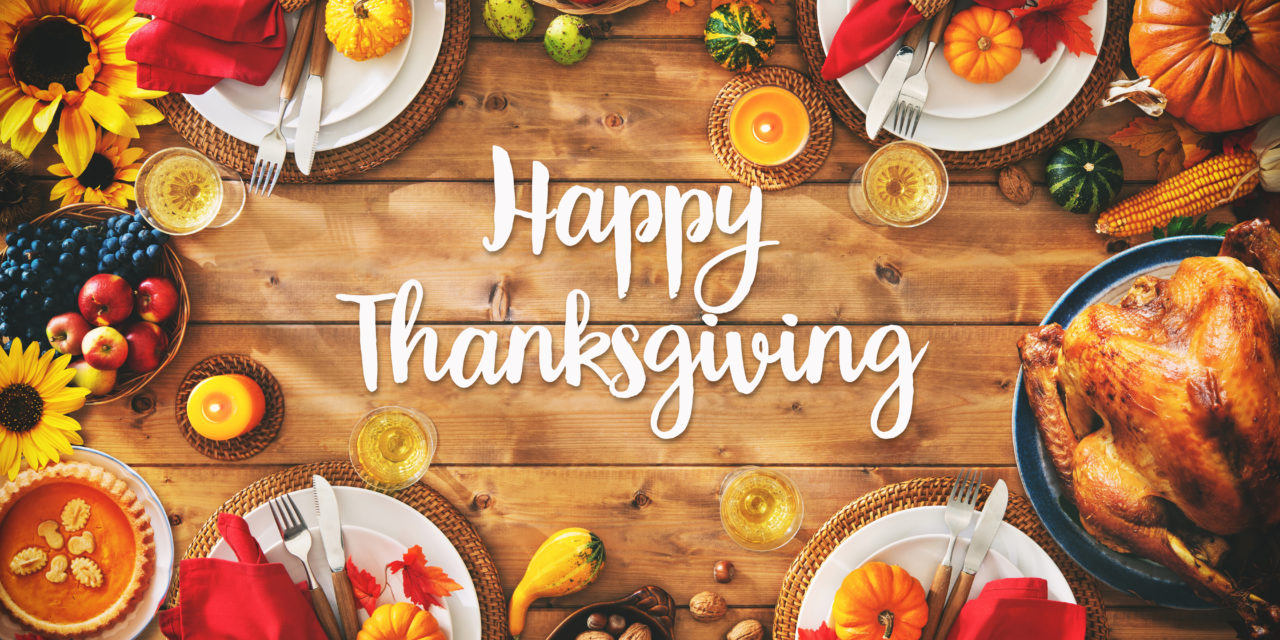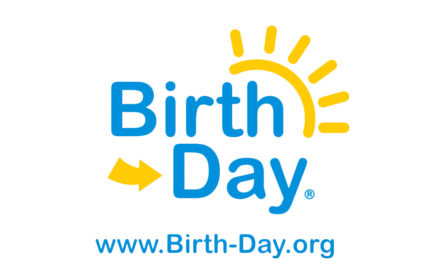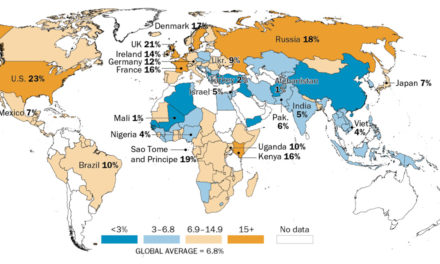It’s often said that gratitude is the key to happiness. Thankfulness is a quick antidote to jealousy and our “look what they have” social media culture.
According to a recent survey of 2,000 Americans, 65% of respondents who said they are “very happy” on a daily basis are also more likely to “always” give thanks.
A 2021 article that appeared in Harvard Health Publishing said that “Gratitude helps people feel more positive emotions, relish good experiences, improve their health, deal with adversity, and build strong relationships.”
The importance of gratitude also receives great prominence in the Christian tradition. Demonstrating the wisdom of Scripture, the Bible places emphasis on thankfulness, despite being written 2,000 years prior to any studies showing the positive effects of gratitude.
“Give thanks in all circumstances; for this is the will of God in Christ Jesus for you” (1 Thessalonians 5:18 ESV).
“Every good gift and every perfect gift is from above, coming down from the Father of lights, with whom there is no variation or shadow due to change” (James 1:17 EV).
But not only is gratitude important in Christian theology; it has also been woven into the fiber of American history.
On October 3, 1789, our first president, George Washington, issued the first “Thanksgiving Proclamation” writing that it was a “duty of all Nations to acknowledge the providence of Almighty God, to obey his will, to be grateful for his benefits, and humbly implore his protection and favor.”
President Washington added that the U.S. Congress had asked him to “recommend to the People of the United States a day of public thanksgiving and prayer to be observed by acknowledging with grateful hearts the many signal favors of Almighty God.”
So he did just that, and assigned “Thursday the 26th day of November to be devoted by the People of these States to the service of that great and glorious Being, who is the beneficent Author of all the good that was, that is, or that will be.”
On October 3, 1863, in the very midst of the Civil War, former President Abraham Lincoln issued his Thanksgiving Proclamation laying out all that Americans had to be grateful for despite the bloody, destructive and ongoing war.
Lincoln mentioned the peace that had been preserved with foreign nations, an increase in population, and ongoing provisions of food and essential metals as things to be grateful for.
“No human counsel hath devised, nor hath any mortal hand worked out these great things. They are the gracious gifts of the Most High God, who while dealing with us in anger for our sins, hath nevertheless remembered mercy,” our 16th president wrote.
Lincoln then encouraged the whole American people to observe the last Thursday in November as a “Day of Thanksgiving and Praise to our beneficent Father who dwelleth in the heavens.”
This Thanksgiving, as we gather around our dinner table and enjoy feasts and food aplenty – something so many around the world lack – let’s remember the Christian tradition of Thanksgiving in America. Let’s be thankful for our faith, our family, good food, friends and fellowship. And let’s remember to whom we give thanks.
Related articles and resources:
Thanksgiving is a Vaccination Against Liberalism, and an Antidote to the Modern Left
Photo from Shutterstock.






